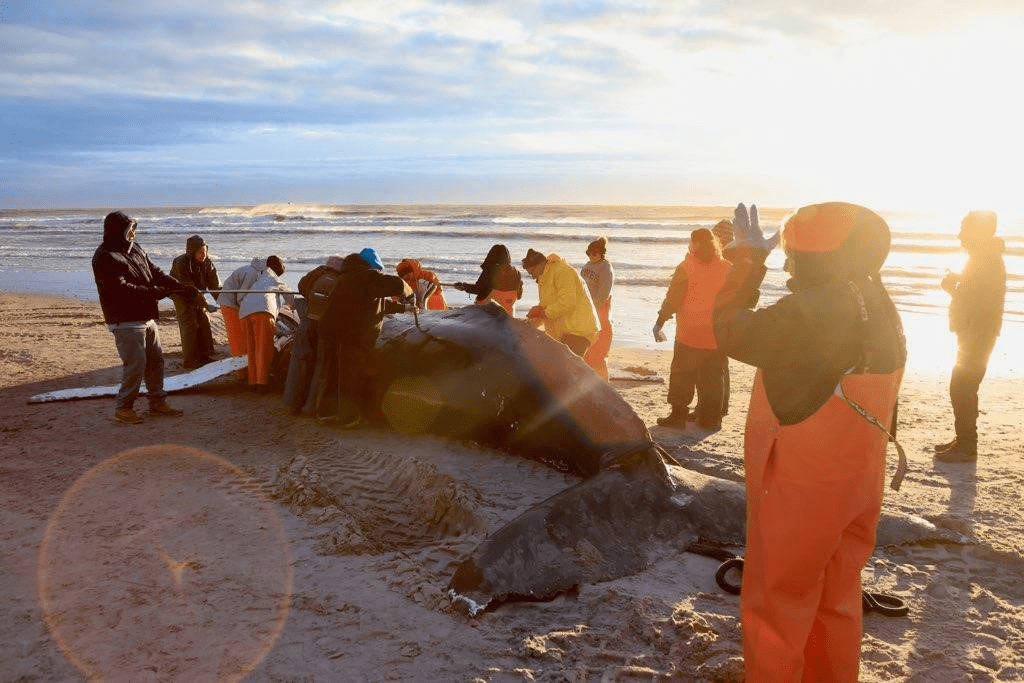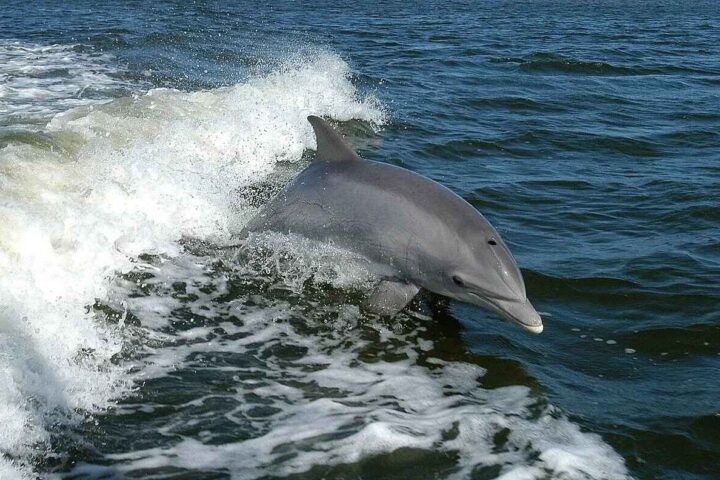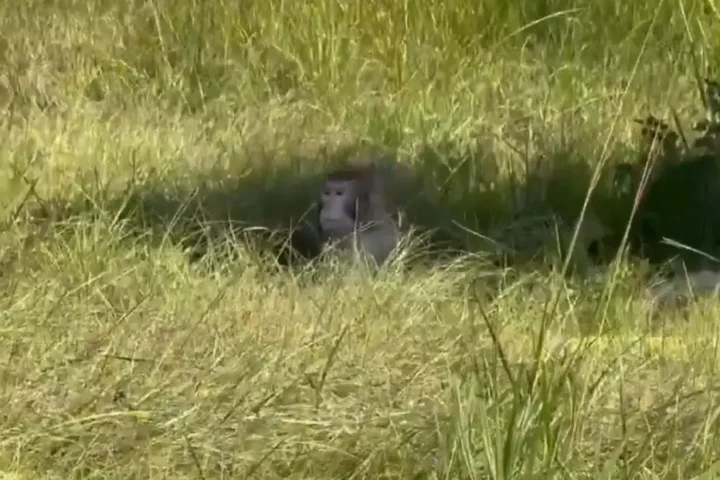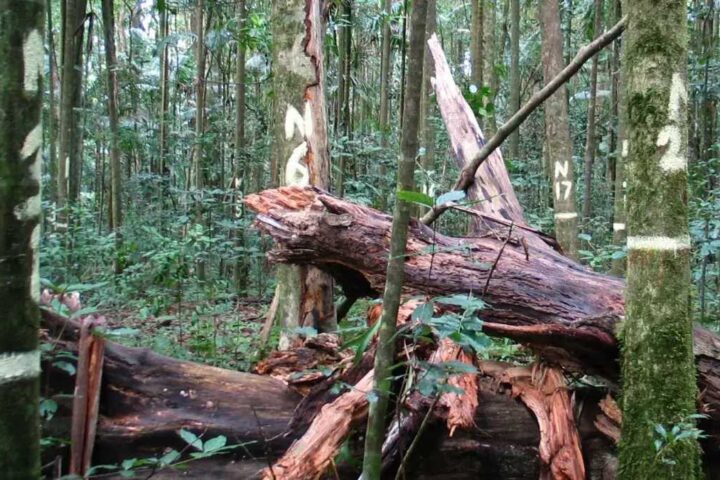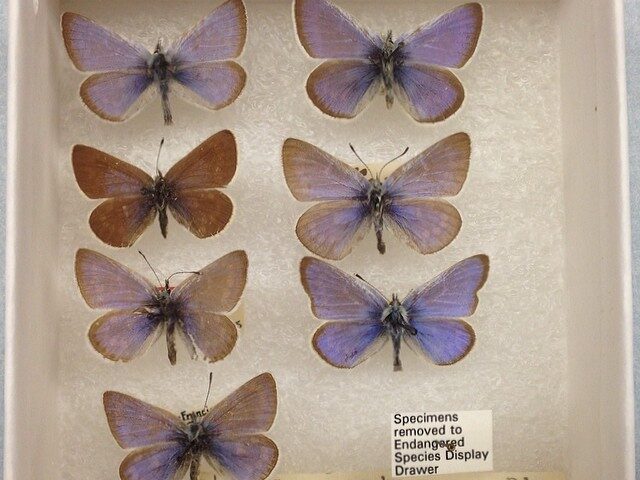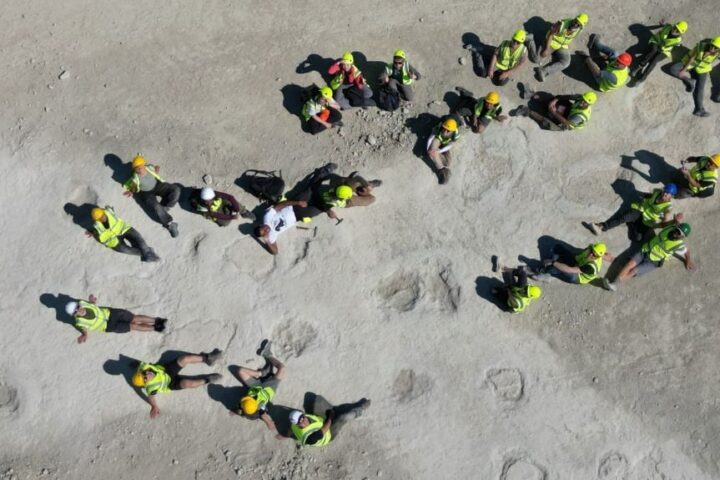The death of nine whales off the New York and New Jersey coast has prompted several GOP lawmakers to question whether the deaths were linked to the proposed offshore wind farm, but scientists say there is no evidence to support this claim. There are several factors that may be contributing to the increase in whale strandings in the mid-Atlantic region. The growing menhaden population, climate change and warming oceans, as well as a cleaner Hudson River and better offshore habitats for whales, are all potential factors.
Although a preliminary necropsy on the humpback whale revealed blunt trauma injuries, the National Oceanic and Atmospheric Administration and the Bureau of Ocean Management officials have stated that no whale deaths have been attributed to offshore wind projects to date. The Ocean Wind, an offshore wind project in New Jersey, has been conducting survey work and soil sampling of the ocean floor to determine where the wind turbines and cables to carry electricity back to shore could be installed. Anti-wind energy rhetoric has been heating up, and scientists and US officials are trying to figure out what caused the deaths.
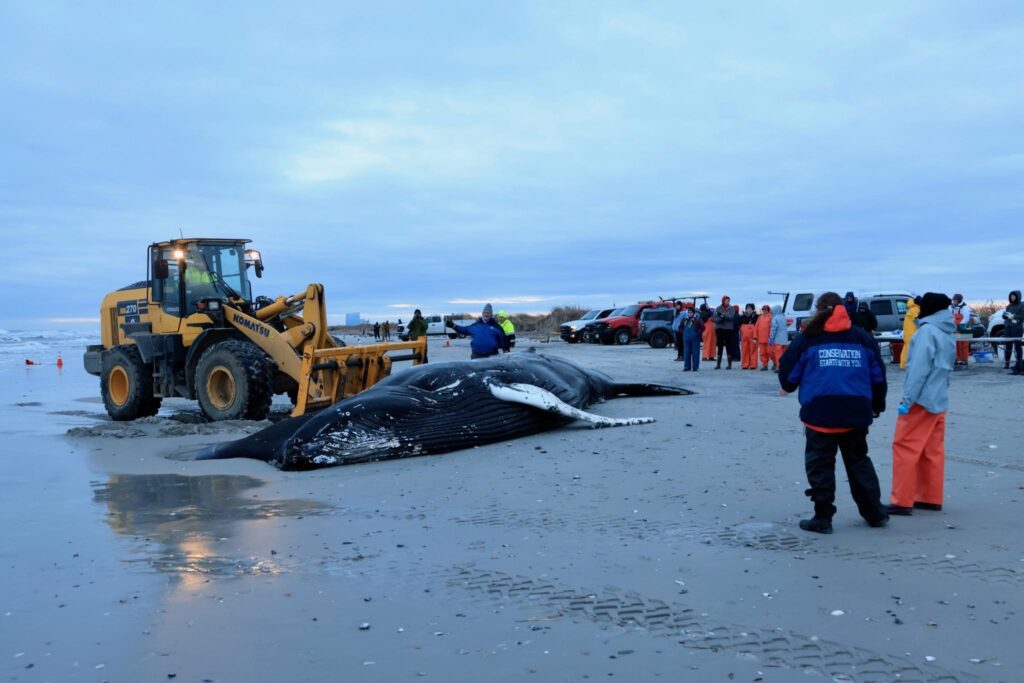
Mayors in a dozen New Jersey beach towns and several other groups have argued that offshore wind could be the cause of recent whale deaths, and wind projects must be stopped while scientists investigate. However, wind energy supporters and whale advocates say these groups and politicians are using whales as pawns. There are concerns that the sound beams used in surveys could harm nearby whales. But conservation groups and the Bureau of Ocean Energy Management generally believe that’s nonsense because the sound used for wind turbine placement is much weaker than the stronger signals regularly used for oil and gas exploration.
A USA TODAY review of public statements found that at least two of the mayors who signed the letter had previously spoken critically of offshore wind, a key part of the nation’s renewable energy plan. The mayors believe the proposed wind farms will destroy fishing and hurt tourism. Some mayors support nuclear power as the solution to creating carbon-neutral energy, while others believe that sustainable energy should come from land-based wind turbines and solar farms. Conservation advocates say that the letter spreads speculation when scientists aren’t convinced whale deaths and offshore wind development are connected.
- HVAC carbon filter achieves 92.1% efficiency while cutting building energy costs 21.6%
- Fish gill filter catches 99.6% of microplastics washing machines send into sewage systems
- How Credit Applications Affect Your Credit Score
- 57 wind blades turn car park façade in Europe’s first turbine-built facility
- Building a Healthier Narrative
Note For Citizens:
If you come across a stranded whale, the best course of action is to immediately contact local authorities, such as the coast guard or marine mammal rescue organizations. It is important to keep a safe distance from the whale and not to try to push it back into the water. The authorities will then be able to assess the situation and determine the best course of action to help the whale. In some cases, the whale may need to be euthanized, while in other cases, it may be possible to successfully refloat the animal back into the water. By contacting the appropriate authorities, citizens can help ensure the safety and well-being of the stranded whale, as well as protect their own safety.
